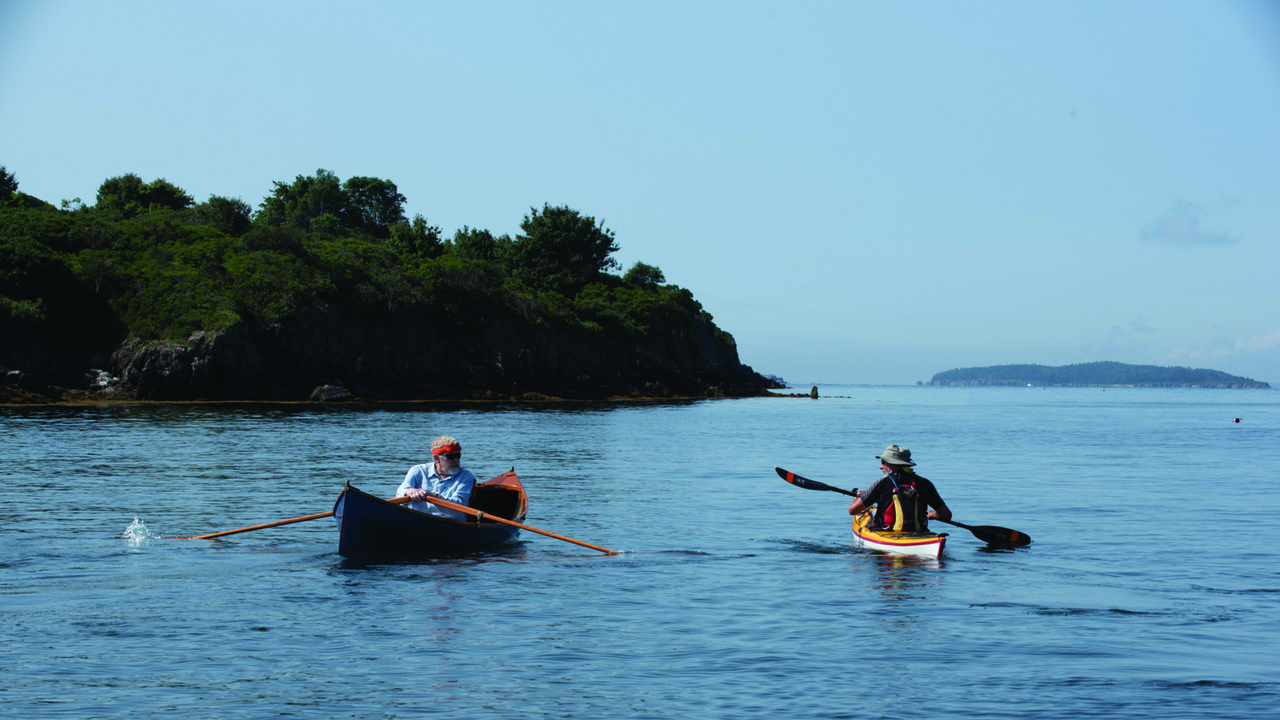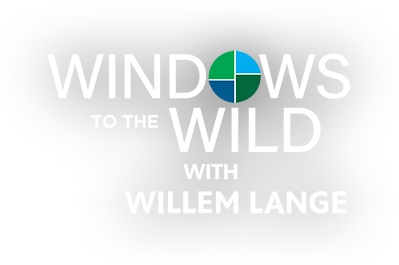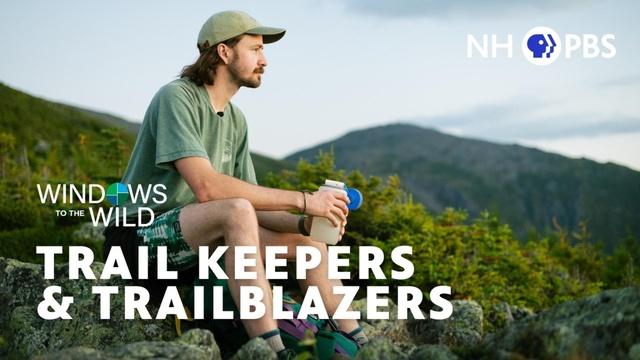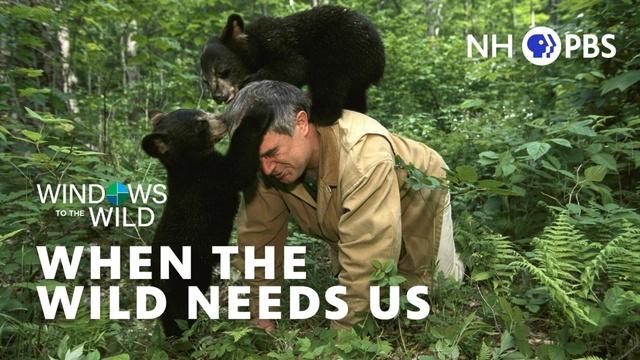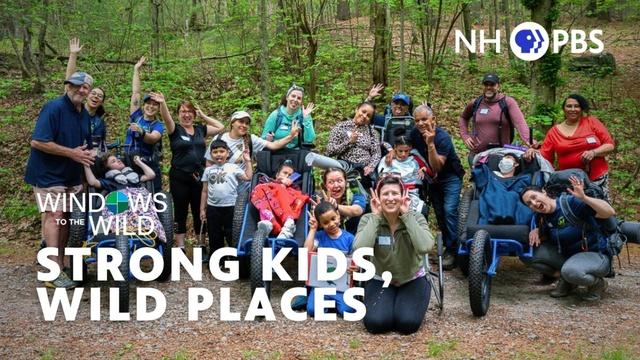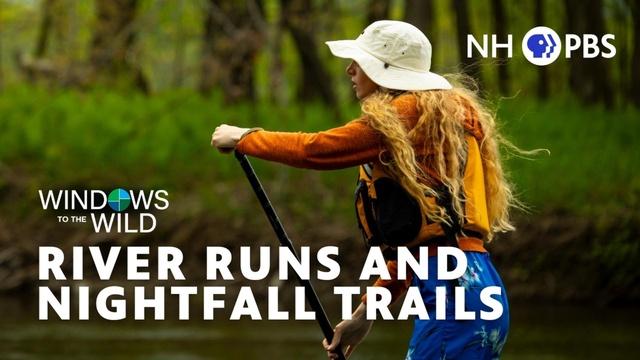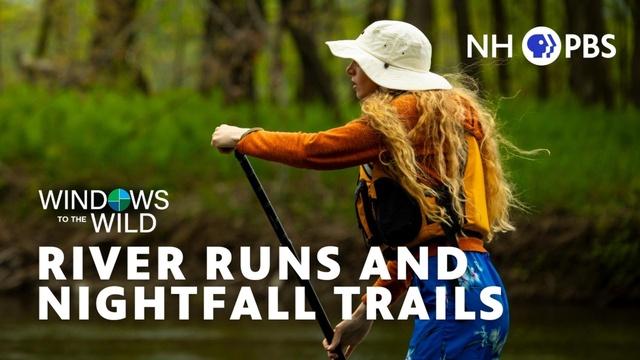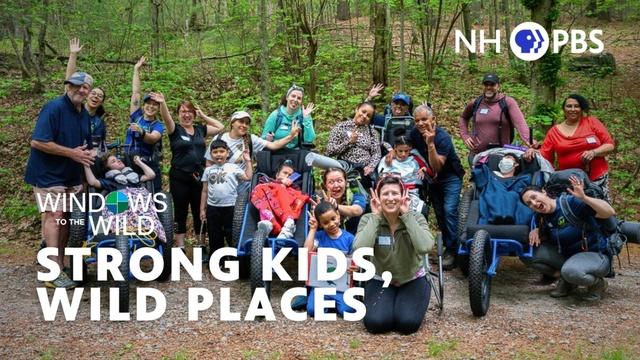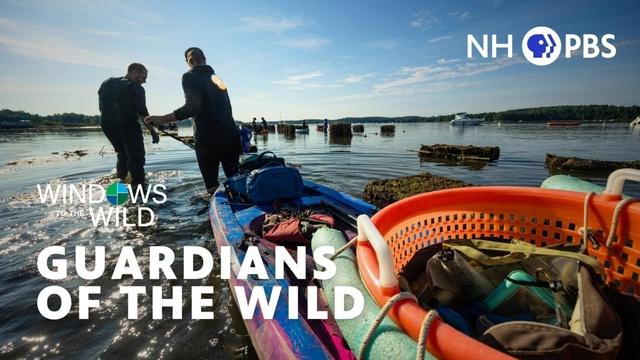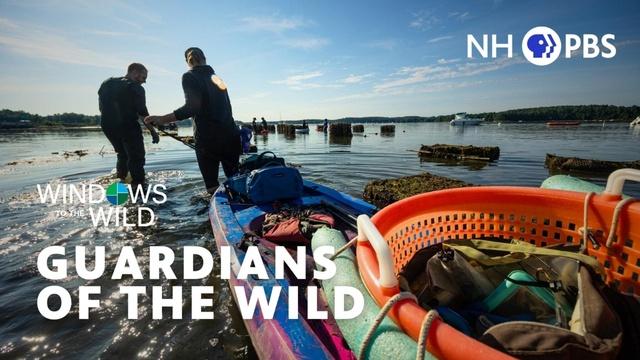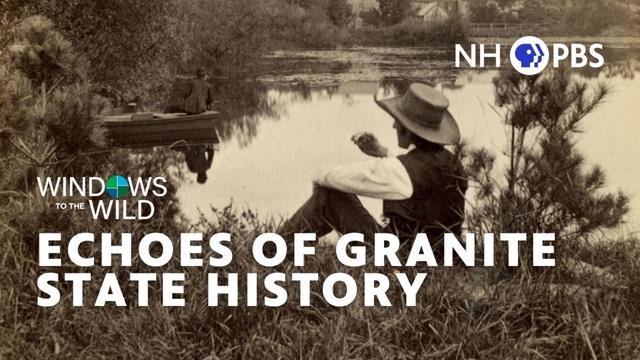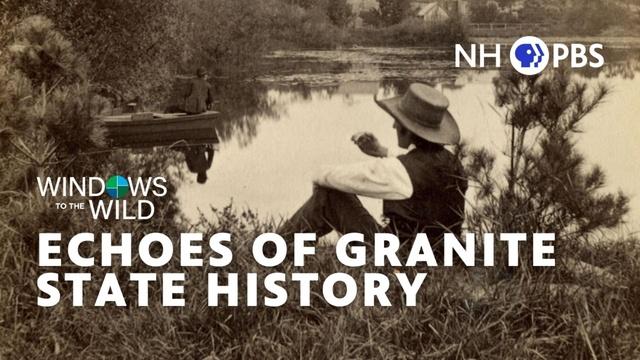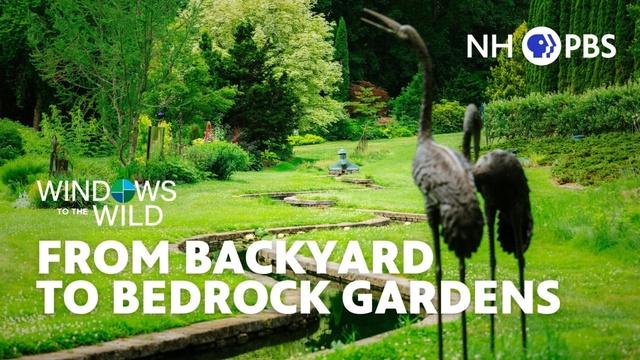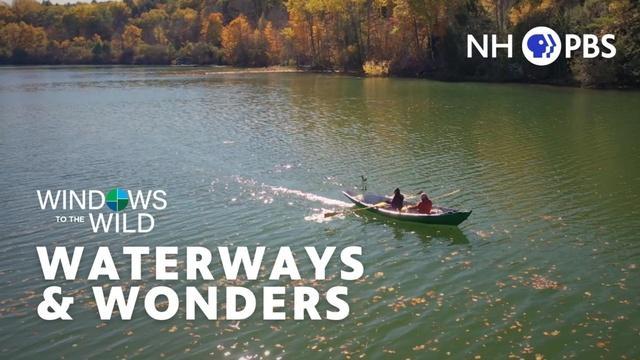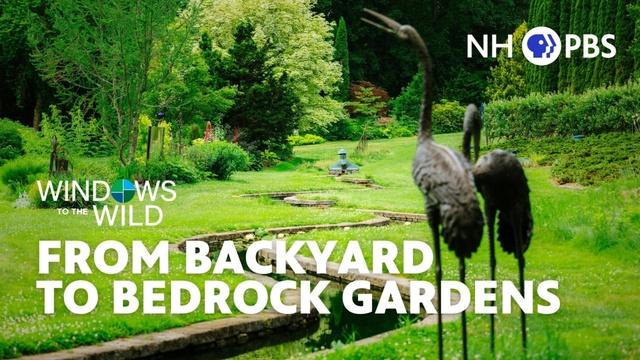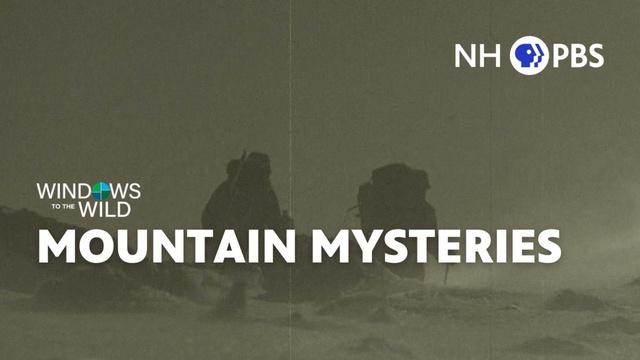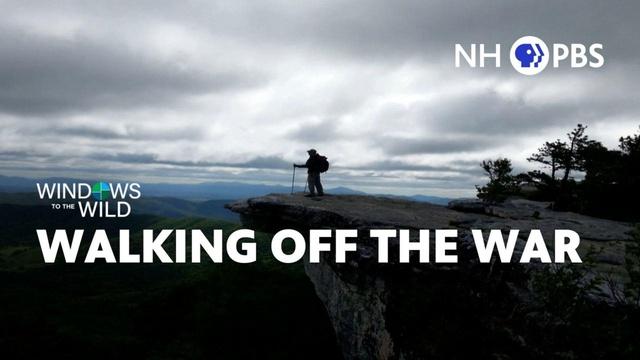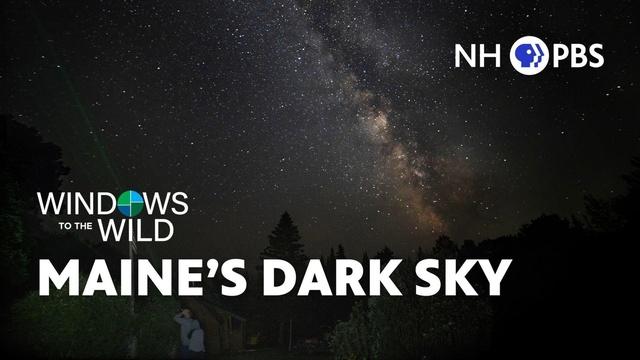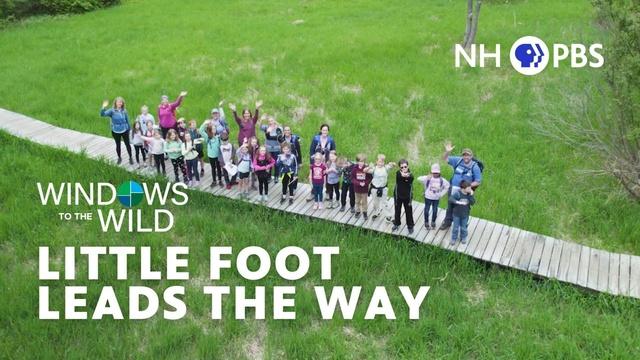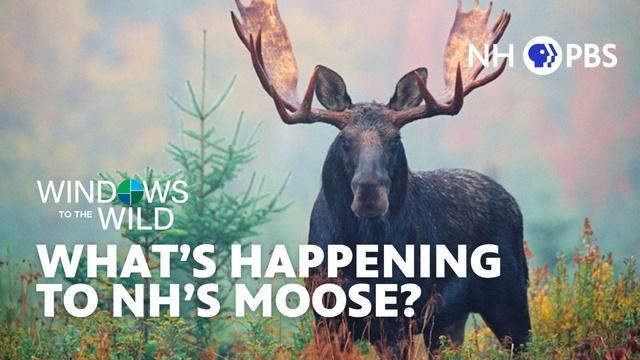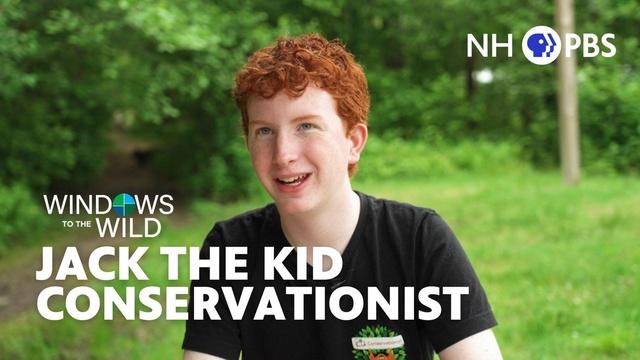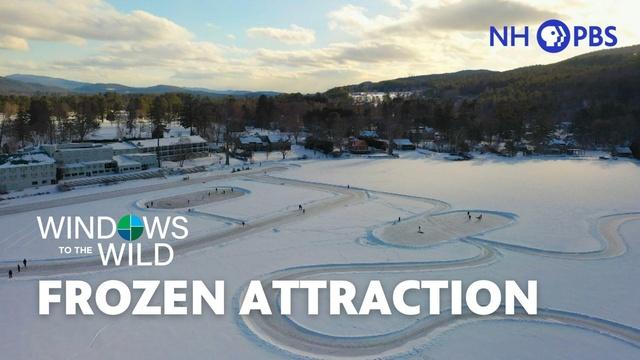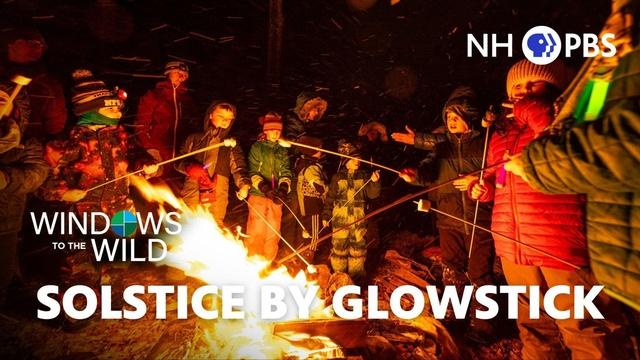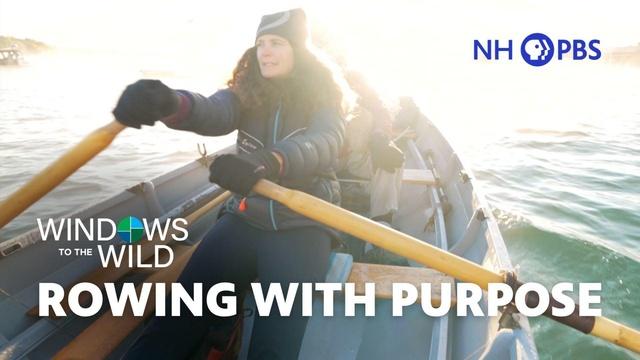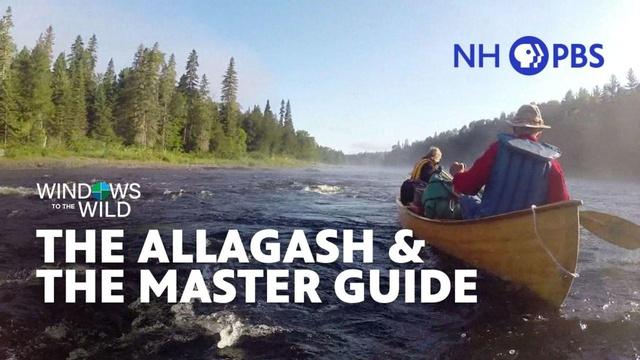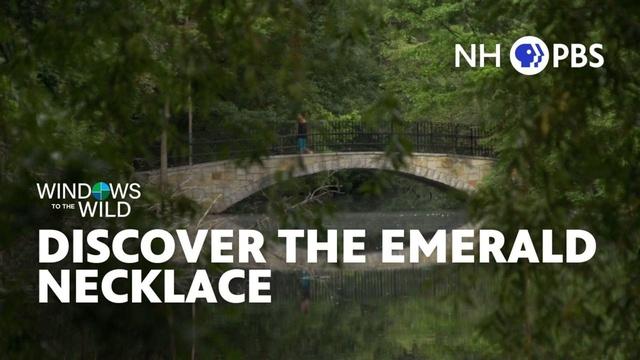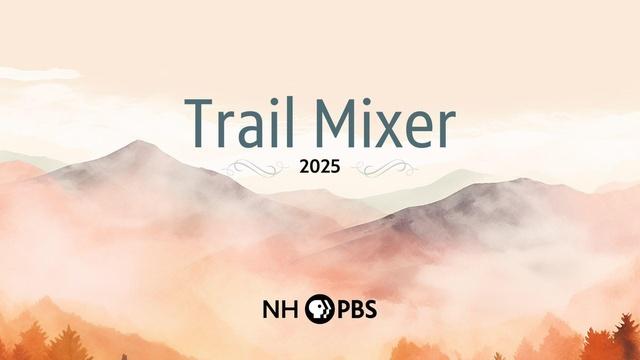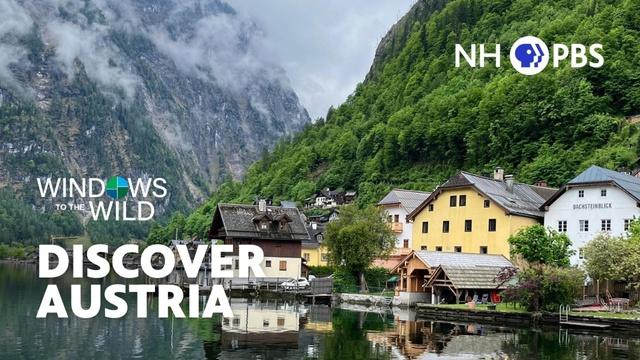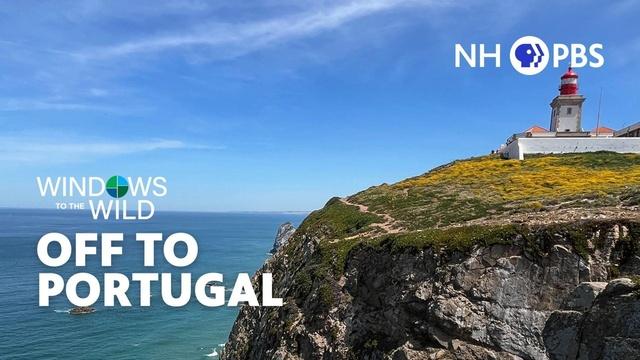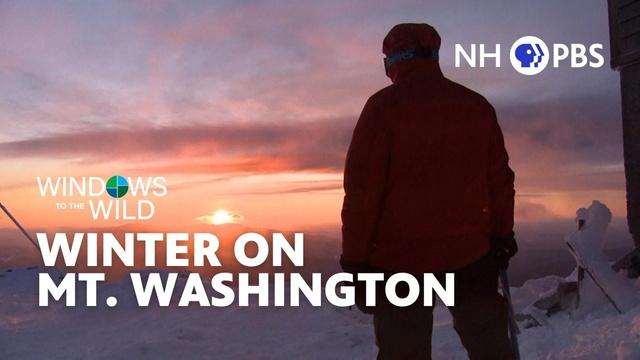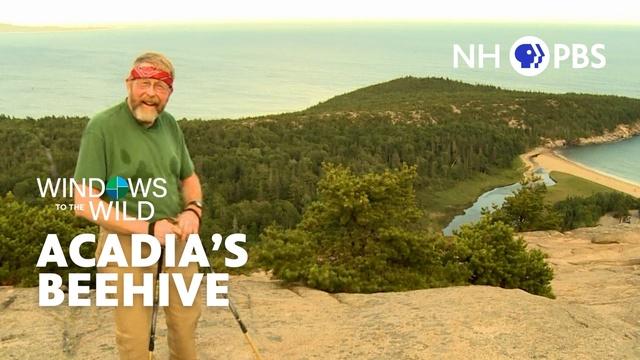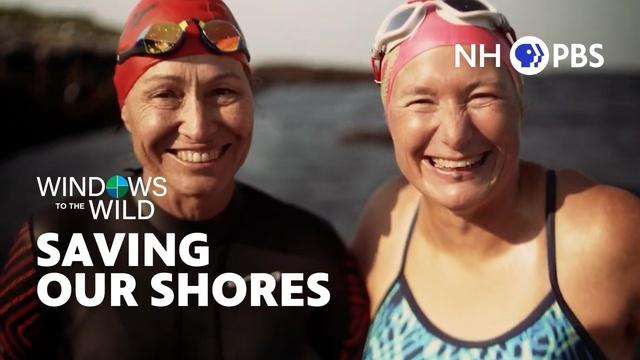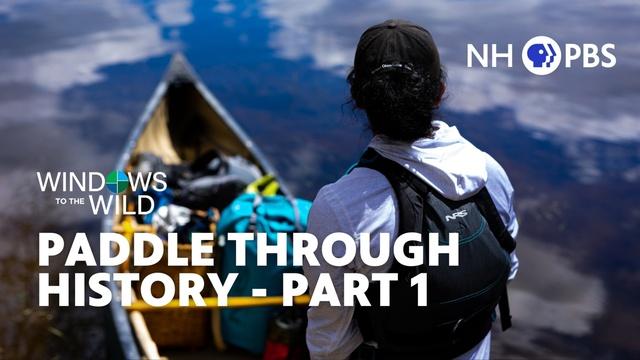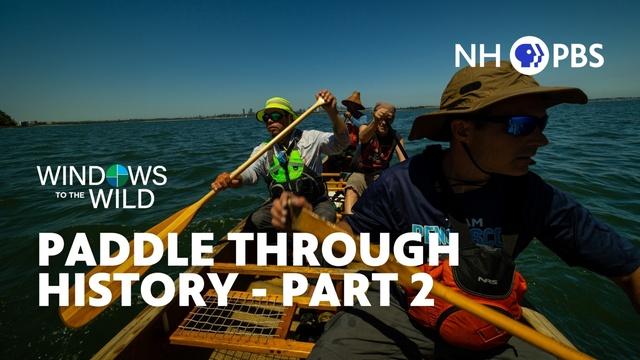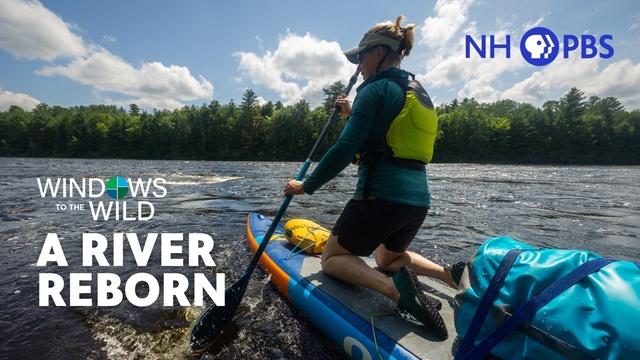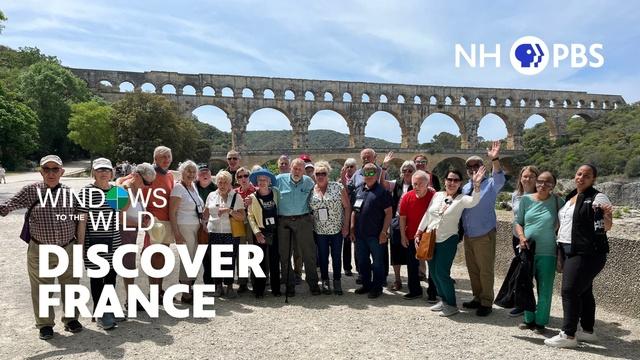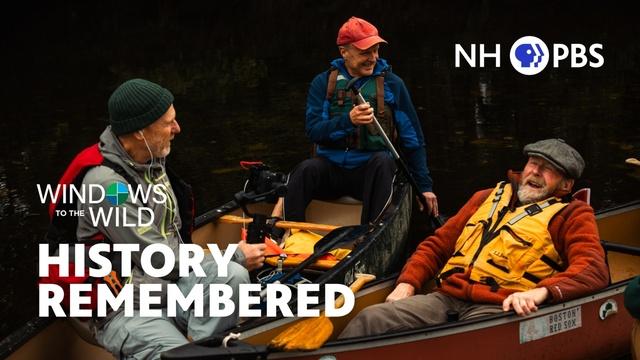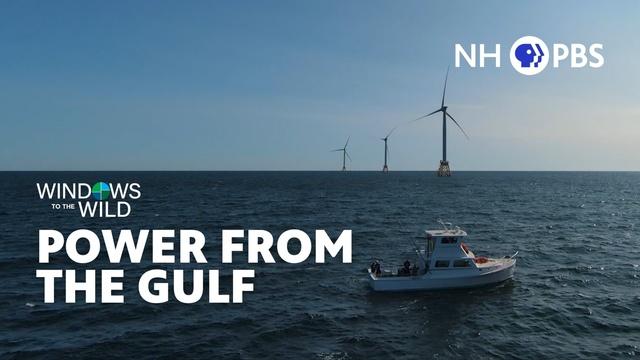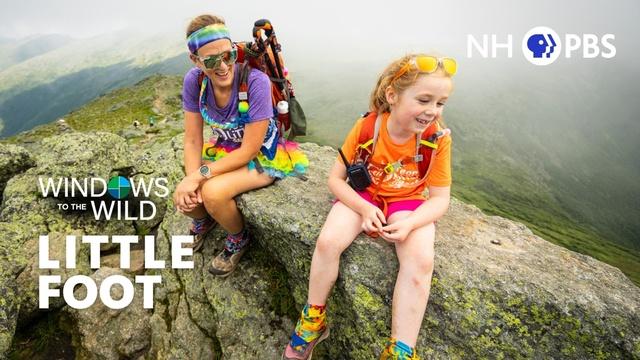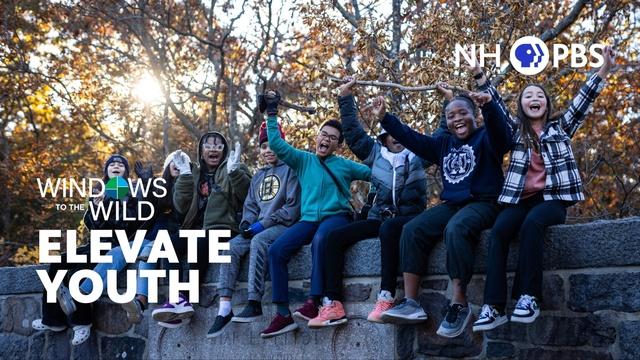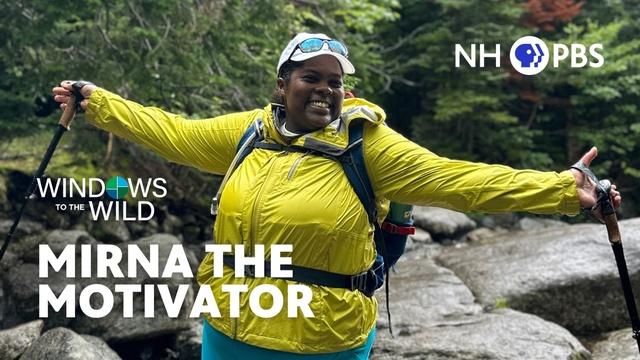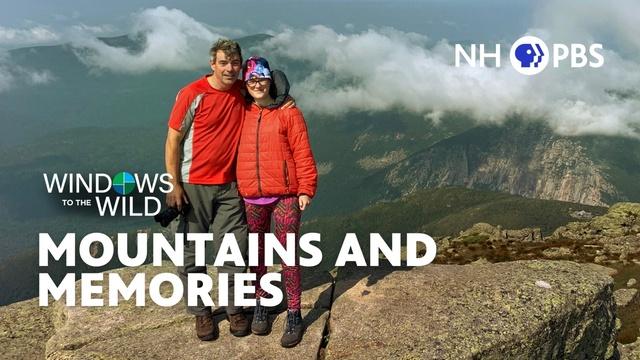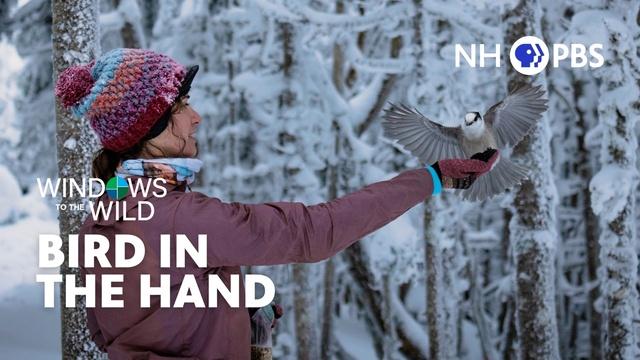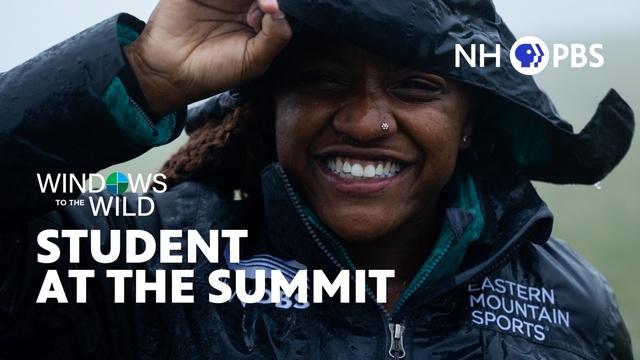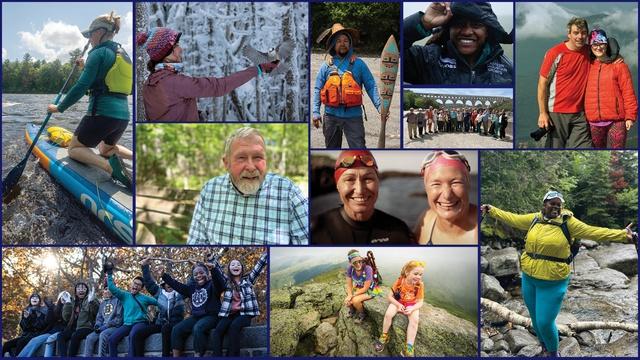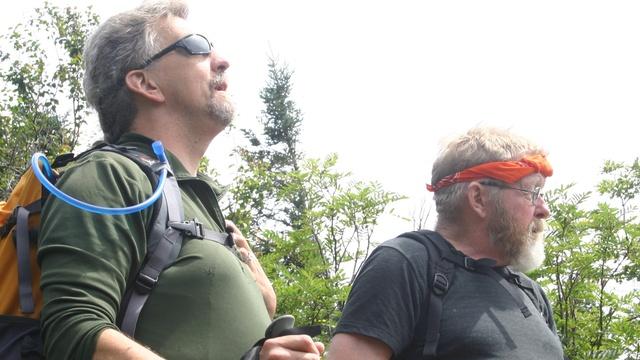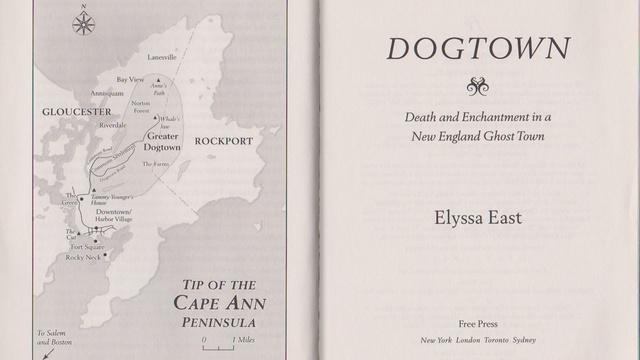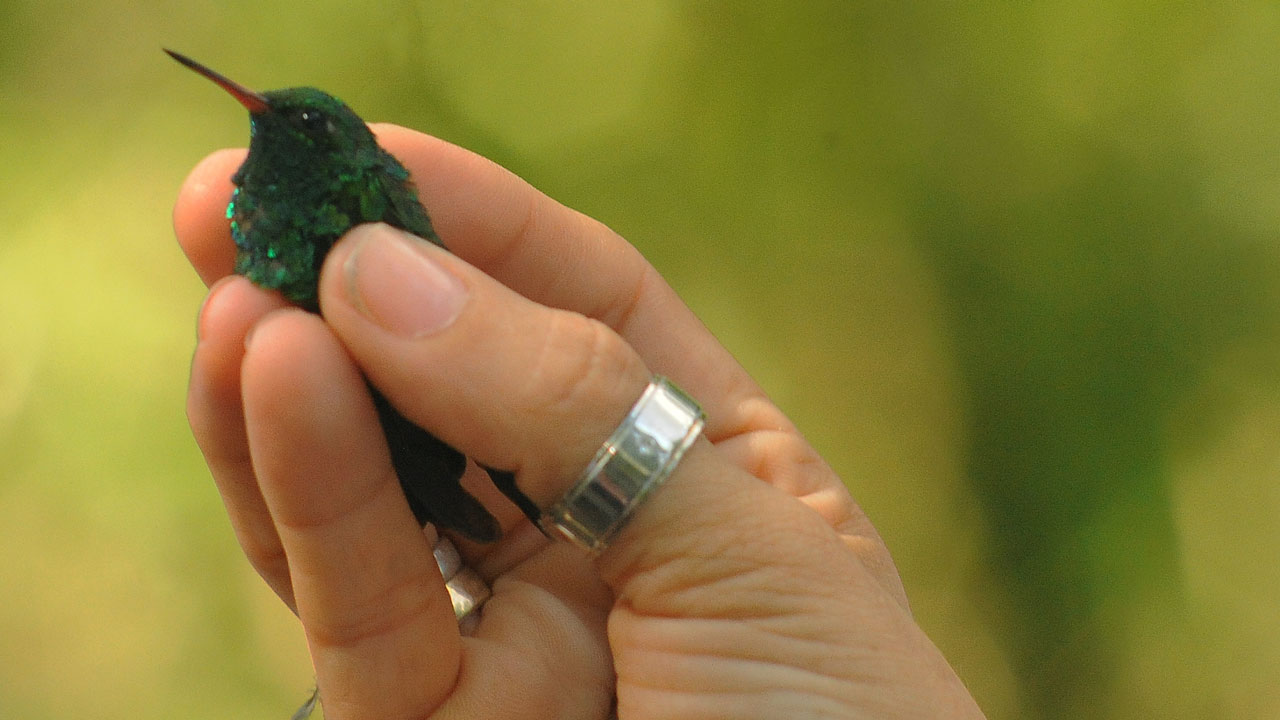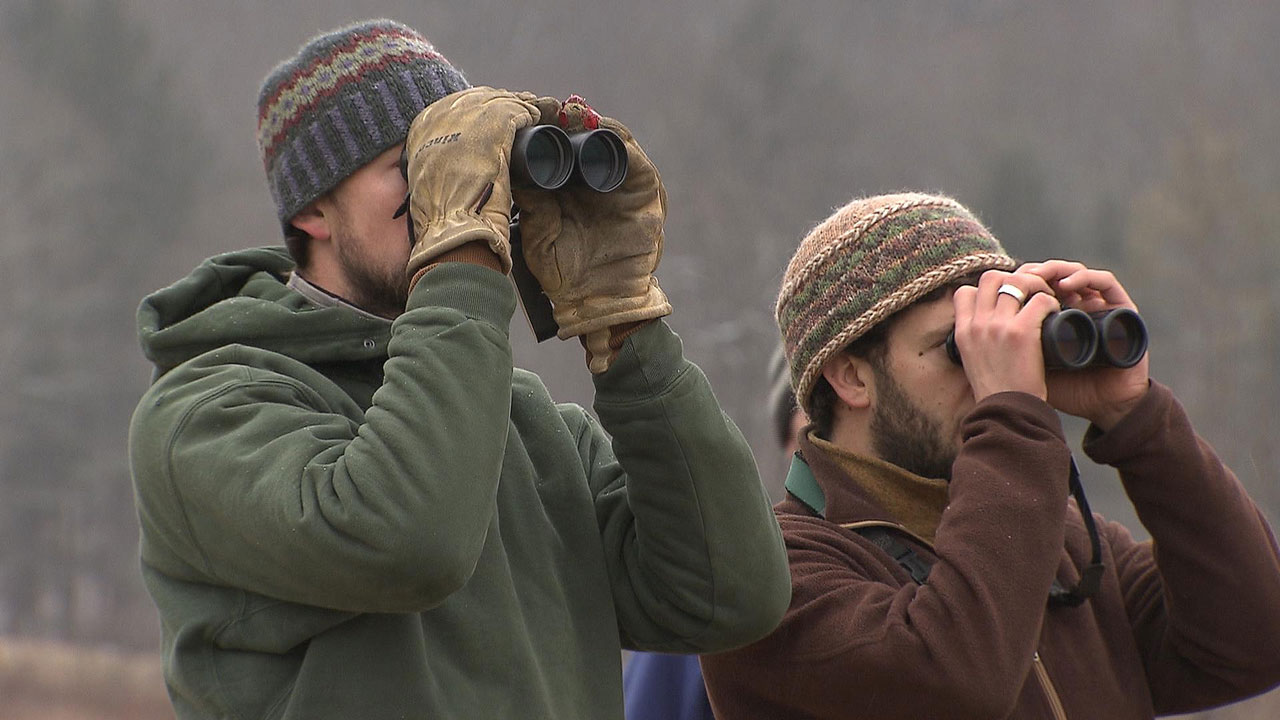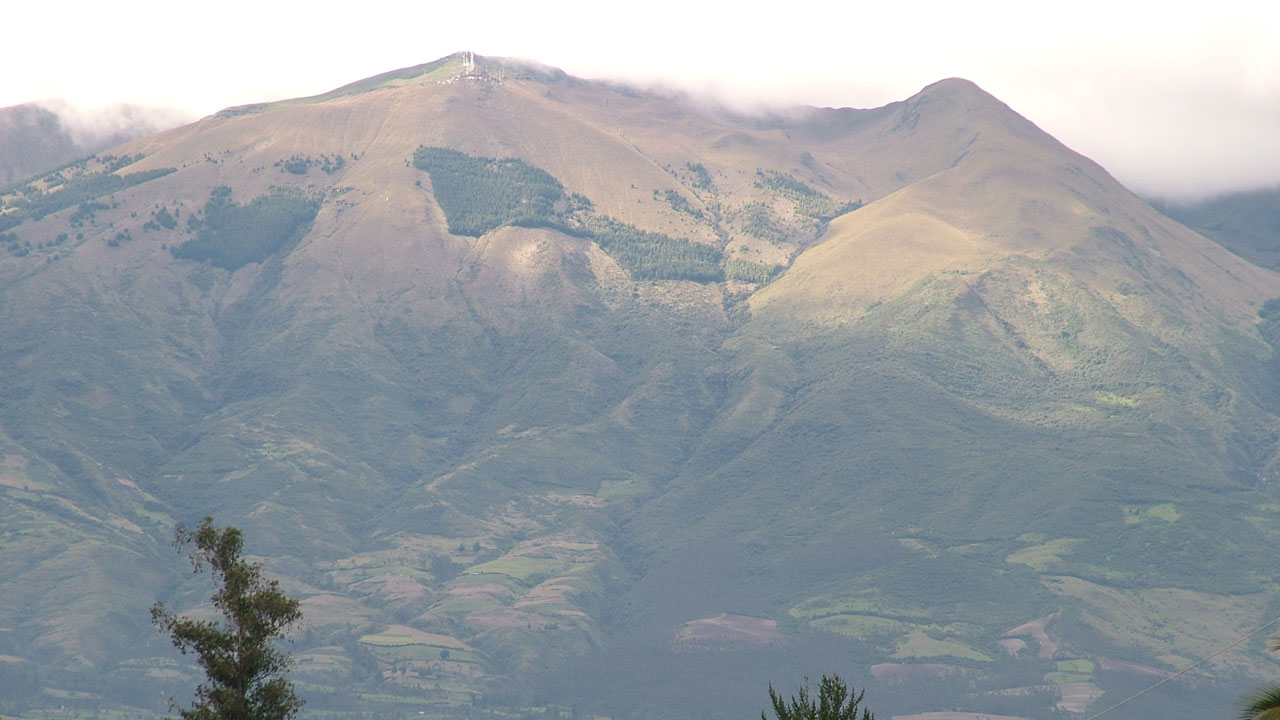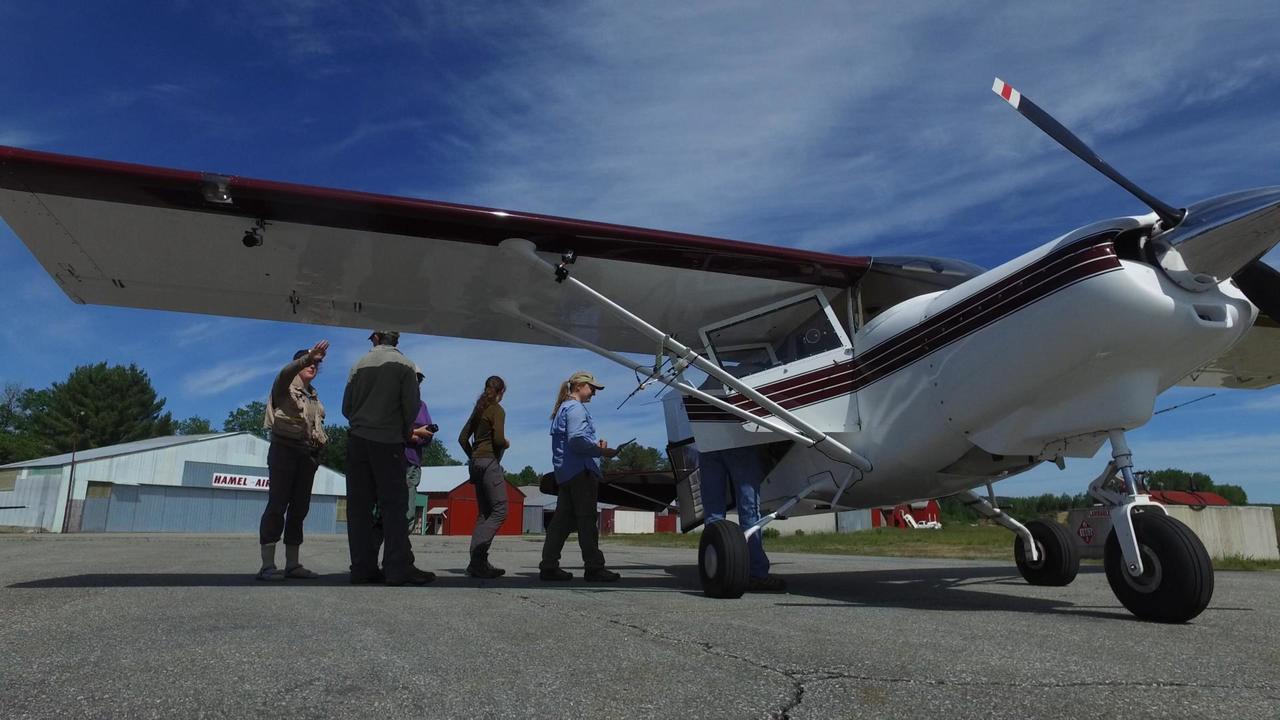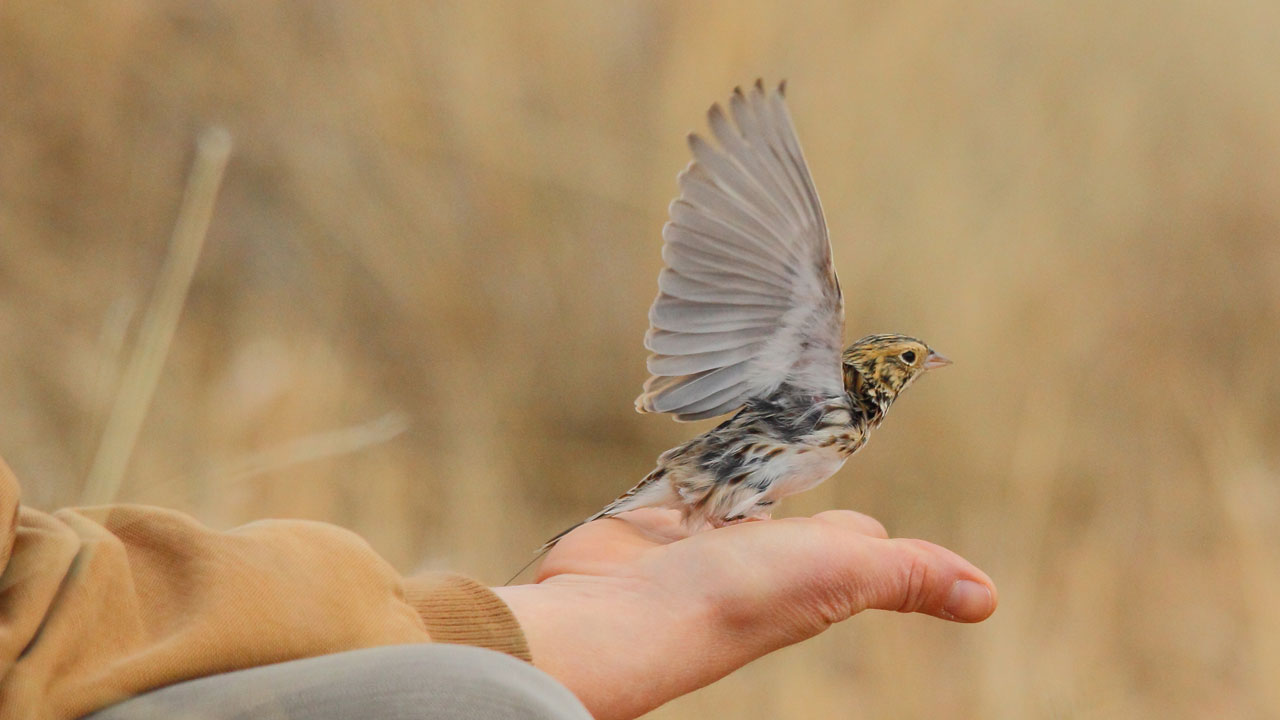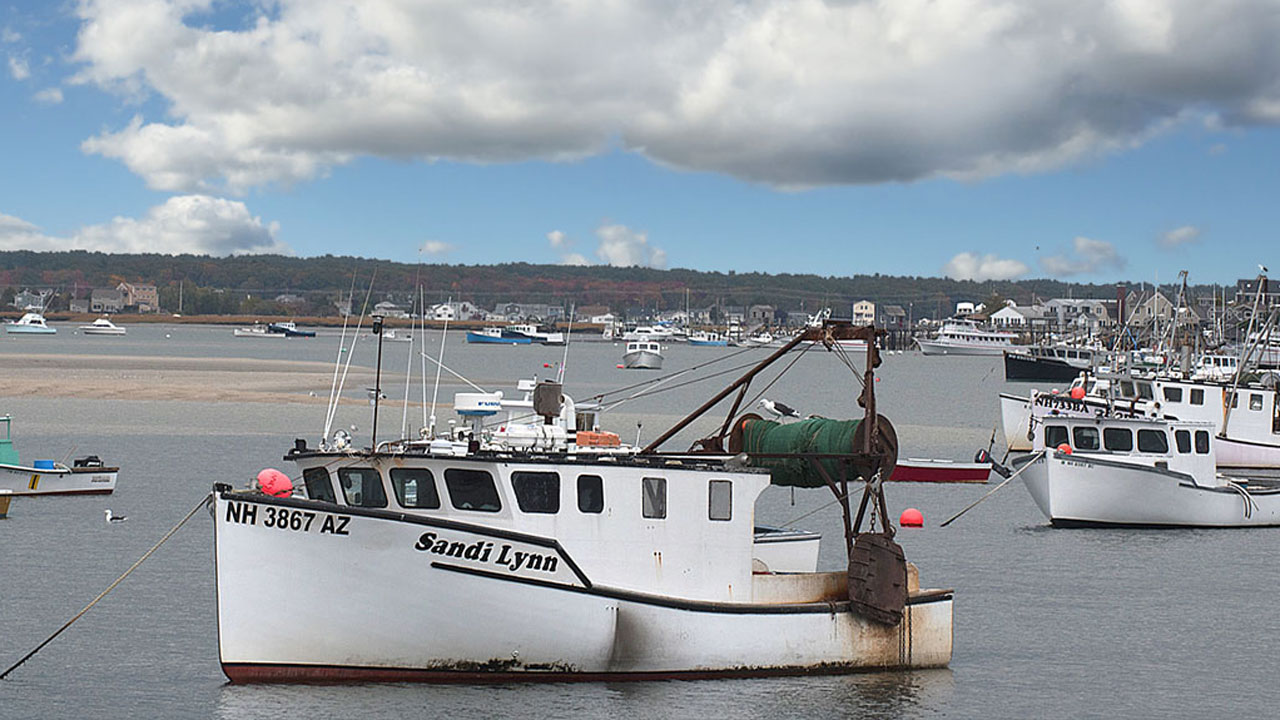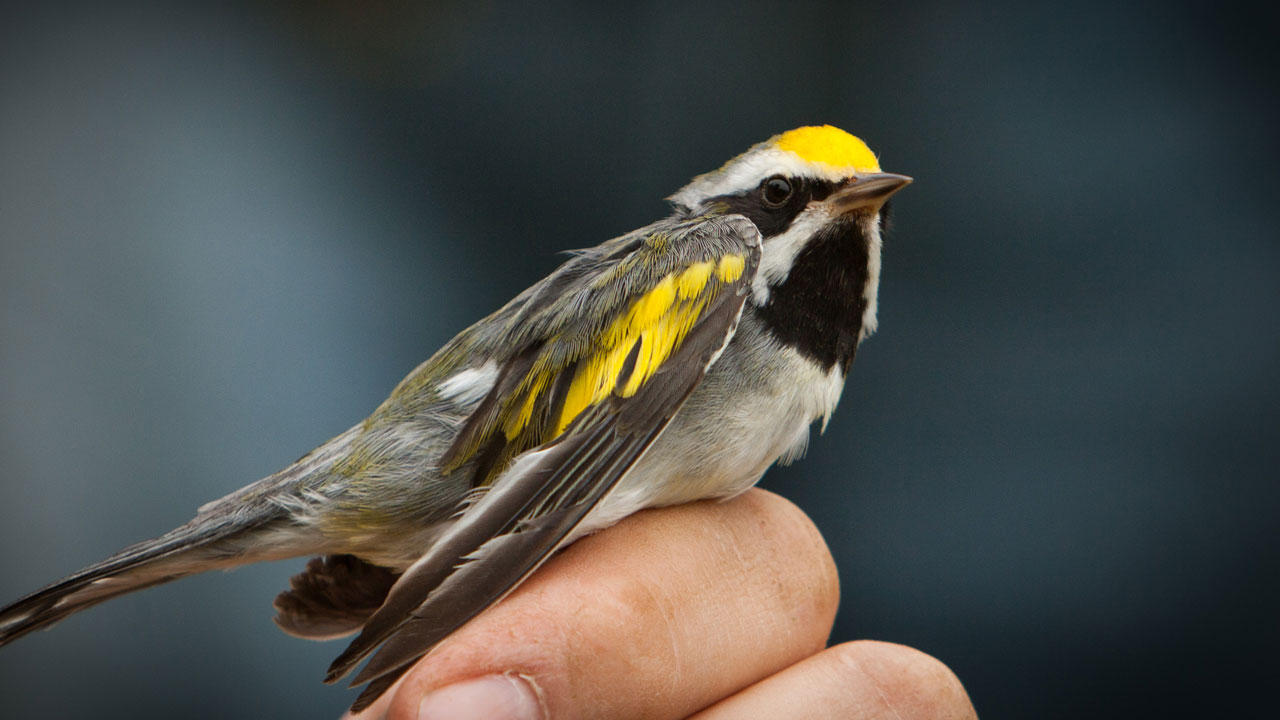Finding Your Way on Windows to the Wild
(Durham, N.H., November 8, 2018) If you’ve ever strayed from a hiking trail or lost sight of the shore while on water, you know the sinking sensation that comes with being lost. GPS and cell phones make enjoying the wild easier, but drained batteries and weak signals can render technology useless, which is why Harvard professor John Huth wants to teach you ancient navigation techniques. It’s a mission that started years ago, when Huth found himself floating alone in a pea soup fog off the coast of Maine, with no clear way back to land.
Huth recently joined WINDOWS TO THE WILD host Willem Lange to discuss the importance of analog methods of finding your way. On a clear, sunny day the men paddled to Jewell Island in Casco Bay with help from the Maine Island Trail Association. A longtime devotee of paper maps, Lange insists “I’m not opposed to technology, but there are times when it fails us.”
While Huth champions what he calls “primitive navigation,” he uses cutting-edge technology for his day job in particle physics research. As part of the team that discovered the Higgs boson, Huth spends much of his time “colliding protons together at the highest energies ever achieved in the lab.”
Outside of the lab, Huth is an avid kayaker. “It’s like a tonic,” Huth says of time outdoors. “It floods the senses. You look around and there’s all this detail.”
It was this attention to detail that saved Huth when a sudden fog rolled in during a routine outing at Little Cranberry Island in 2003. Disoriented and unable to see the shoreline, Huth was initially unnerved. “I thought, ‘Oh my god, I’m hosed!’”
Faced with the possibility of unintentionally paddling himself out to sea, Huth kept calm and considered his surroundings. Paying attention to the direction of the wind, the ocean currents and the sights and sounds around him, he found his way back to safety.
Later that year, Huth was in Cape Cod with his family when two young women died after getting lost in a fog while kayaking. Remembering his own close call, Huth says “I got a bad case of survivor’s guilt.”
Huth took that guilt and turned it into a drive for knowledge “I became obsessed with navigation. I did things like learn the positions of major stars in the sky,” Huth tells Lange. “After a year, I was looking at the world totally differently. All this stuff had meaning and I felt like other people were sleepwalkers.”
Huth began teaching a class at Harvard called The Art and Science of Primitive Navigation and he wrote “The Lost Art of Finding Your Way.” In it, Huth draws on generations of knowledge, but he says that the basics are simple, “The key is to not get into trouble in the first place.”
One way to stay out of trouble is to prepare. Doug Welch of the Maine Island Trail Association recommends common sense measures, such as a paper map and a compass. “It’s easy to rely on electronics, but a paper chart will always be with you.”
While the right equipment, be it analog or digital, can be helpful, Huth notes that the most essential part of staying safe is a fundamental skill available to anyone. “Be observant,” he says. “Just ask yourself ‘what am I looking at now?’”
To learn more about primitive navigation and the Maine Island Trail Association, tune into WINDOWS TO THE WILD on New Hampshire PBS, Wednesday November 14th at 7 pm or online at nhpbs.org/windows.
Return to the
Windows to the Wild
Main Page
WINDOWS TO THE WILD WITH WILLEM LANGE is generously supported by the Alice J. Reen Charitable Trust, John D. McGonagle Foundation, Bailey Charitable Foundation and Road Scholar.
Watch Online
TV Schedule
-
discover austria
Windows to the Wild
Sunday, 12/21 at 10:00 A.M. on NHPBS -
making tracks
Windows to the Wild
Saturday, 12/27 at 10:30 A.M. on EXPLORE -
new year's moosilauke hike
Windows to the Wild
Saturday, 1/3 at 10:30 A.M. on EXPLORE -
community outing
Windows to the Wild
Saturday, 1/10 at 10:30 A.M. on EXPLORE
Learn More...
- Manchester Cedar Swamp Preserve
The Nature Conservancy
Podcast
Listen on your favorite podcast platform
Thanks to our podcast partner: The Marlin Fitzwater Center for Communication at Franklin Pierce University
